Having a new baby is one of the best times of a parent’s life, but it can also be the most exhausting. According to Stanford Medicine, newborns sleep an average of sixteen to seventeen hours every twenty-four hours. However, it is normal for babies to wake up every three hours or so to feed.
When a baby is around three or four months old, they will be able to sleep for longer stretches of time. This article will go over some tips on how to help a newborn sleep longer and better.
Establish a Daily Sleep Schedule
First and foremost, establish a routine. Routines provide structure and consistency for newborns, which can help them develop better sleep habits.
To help a newborn differentiate between night and day, make sure routines are different. For example, during the day, it can be okay to have a baby sleep with some light coming in. In addition, bringing the baby to a different room or area of the house is helpful. During the first morning wake-up, parents and babies can go downstairs or to the living area to feed and play. Playtime for a newborn can be as simple as putting them on a play mat with hanging toys, reading them a book, singing them a song, or giving their baby some tummy time.
While at night, it is best to keep even the wake-up times dark and quiet. Parents should try not to turn on the TV or make loud noises while feeding during the nighttime. This will allow the newborns to understand they should go back to sleep after a feeding. Keeping up with a daytime and nighttime routine will help a newborn sleep better and longer.

Create a Peaceful Sleep Environment
Help a newborn sleep better by making sure the environment is conducive to sleep. During the evenings, make sure that you keep the baby’s room dark, quiet, and cool. A white noise machine or fan can be useful to provide a consistent sound and to drown out sounds that may be elsewhere in the house or outside.
It also helps to put the newborn down for a nap and sleep in the same place. Sometimes parents find that they like to put their newborn in their crib at night and portable bed during the day. Consistency is key. At night, make sure the crib is comfortable and free of any blankets or stuffed animals.
Make Sure the Baby is Comfortable
Not only do you want to make sure newborns have a peaceful sleeping environment, you always want to make sure they are comfortable themselves. Put your baby in something comfortable and easy to sleep in. At night, parents may even want to use a sleep sack or swaddle.
Make sure the baby has a nice new soft, clean diaper on. A wet or dirty diaper can be uncomfortable and lead to restlessness. Super soft baby diapers are designed to be extra gentle on babies’ skin and can help them sleep longer. Make sure the diaper is snug, but not too tight. A diaper that is too tight can cause discomfort and make it difficult for the newborn to settle into sleep. If your baby has a rash, apply a soothing ointment or cream to help protect the skin during diaper changes and while sleeping. Changing your baby at each wake window throughout the night will help them sleep better and will keep their skin healthy.

Establish a Bedtime Routine
It is very helpful to establish a bedtime routine early. Parents will want to limit stimulation before bed. Too much stimulation can make it difficult for a newborn to wind down and fall asleep. Try to avoid stimulating activities such as having the baby around anything that makes loud noises: toys, games, and TV.
Establish a bedtime that is consistent each night and stick to it. Many parents find that bathing their baby right before bedtime allows their child to calm down. Even if you do not wash your child each night, a warm bath can be helpful. Feeding a baby a few minutes before bedtime is also helpful in keeping a baby sleeping longer. Right before bed, the parent can put the baby in a new clean super soft baby diaper and read them a book, sing them a song, or rock them to sleep.
Keeping up with the same routine nightly can help a baby recognize sleep time and allow them to get to bed faster and more peacefully.
Follow Your Child’s Wake Time According to Age
According to Taking Cara Babies, wake windows are very important in not just setting your baby or toddler up to be able to fall asleep more easily but in helping them stay asleep longer. Since newborns sleep most of the day, a newborn’s wake window is very short. Newborns should be awake between thirty-five and sixty minutes at a time during the day. This means that if you want your baby to sleep longer and more through the night, you should try to play with them and keep them up for at least thirty-five minutes during the day before their next nap. The wake window is especially important right before their nightly bedtime. As babies get older, their wake windows will get longer and longer.

Know Your Child’s Sleep Cues
Finally, pay attention to your newborn’s sleep cues. Newborns often exhibit signs that they are ready for sleep such as yawning or rubbing their eyes. When you notice these signs, it is time to start the bedtime routine. Putting your child to sleep when they are getting tired will help them fall asleep on their own and will help avoid meltdowns.
Conclusion
By following these tips, you can help your newborn sleep better and longer. Establishing a routine, creating a comfortable sleep environment, limiting stimulation, and paying attention to your newborn’s sleep cues can go a long way in helping your little one get the rest they need.
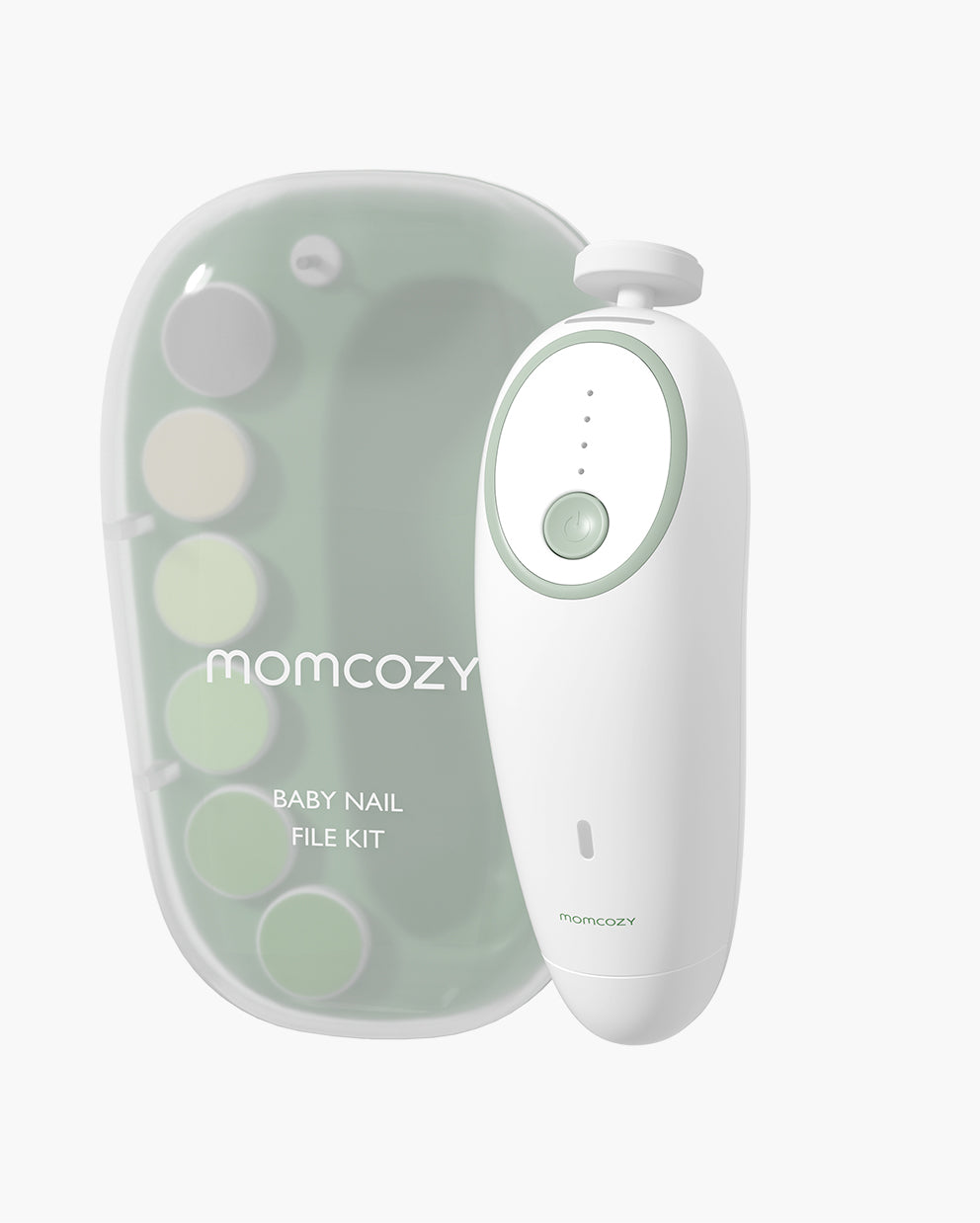
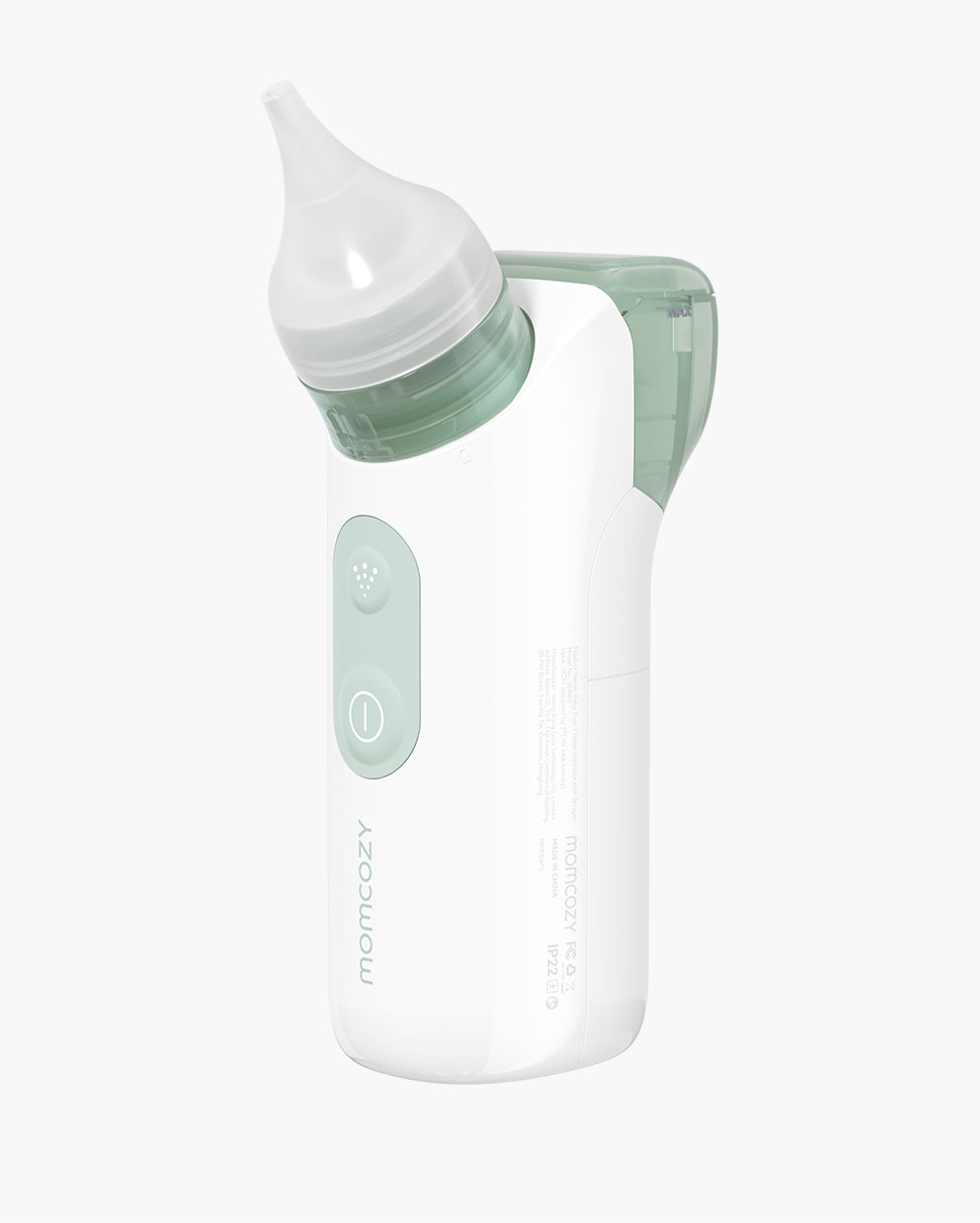
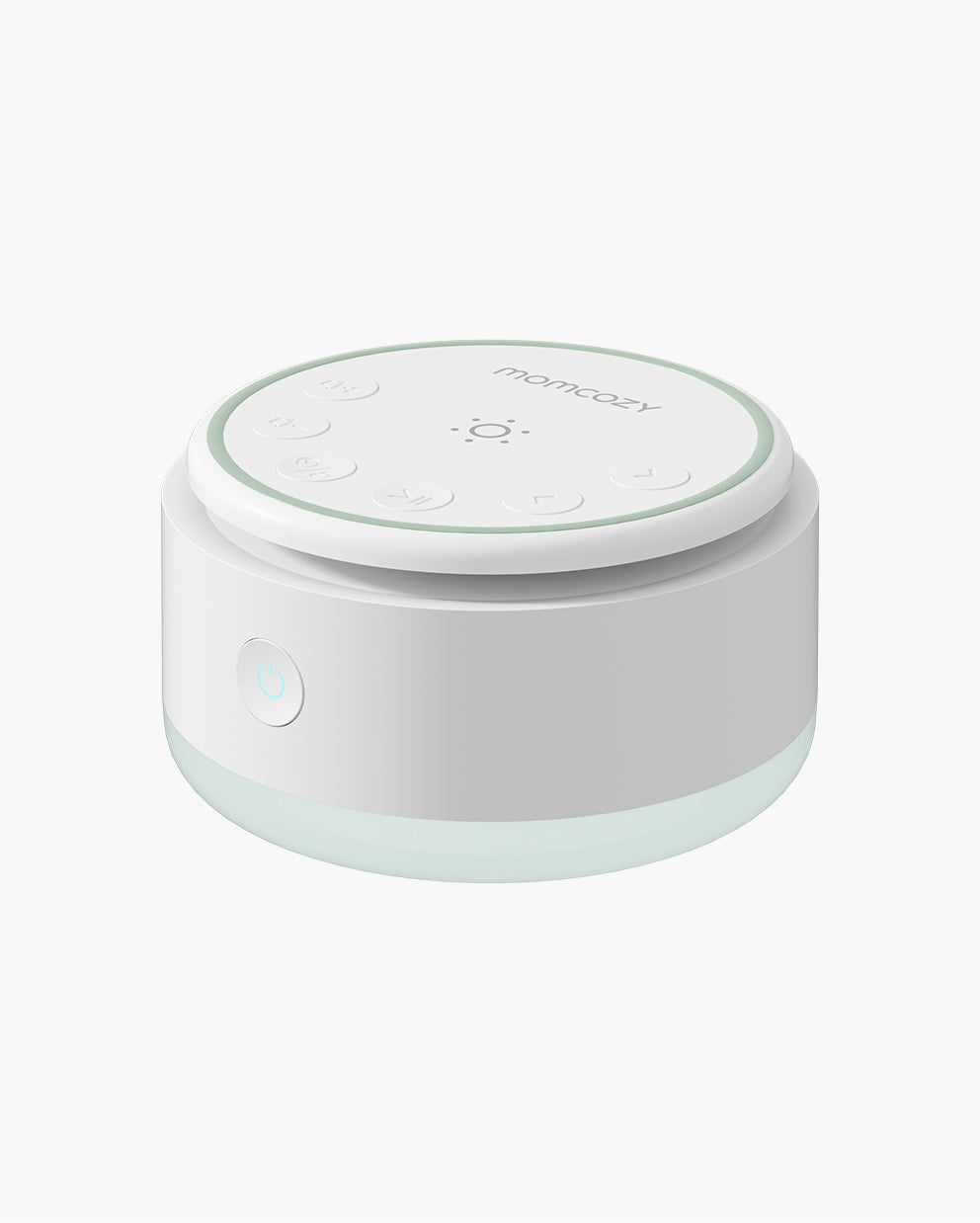


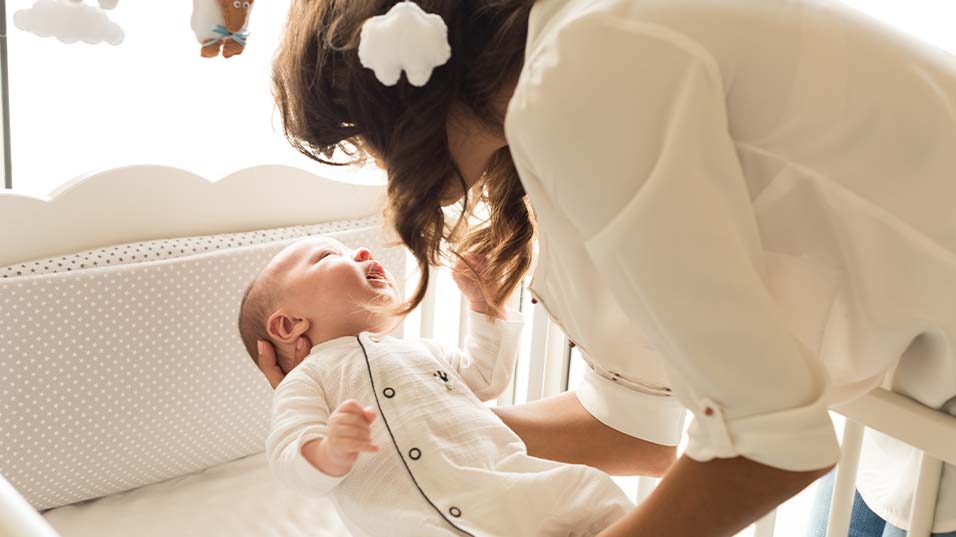
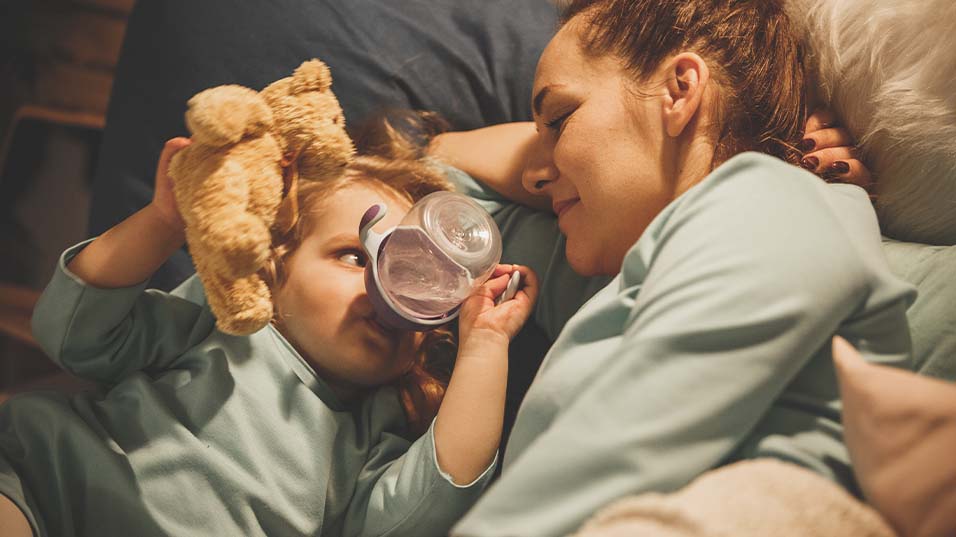
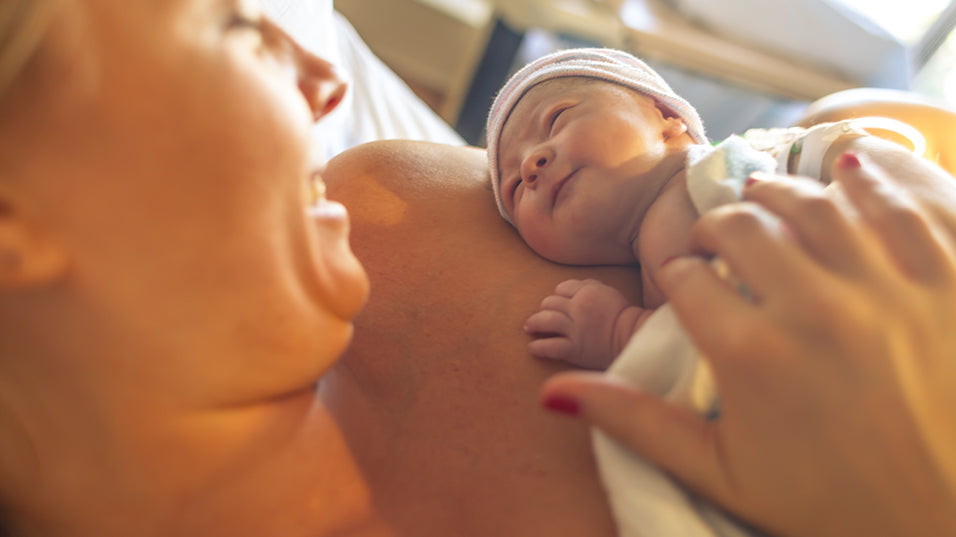
Leave a comment
This site is protected by hCaptcha and the hCaptcha Privacy Policy and Terms of Service apply.